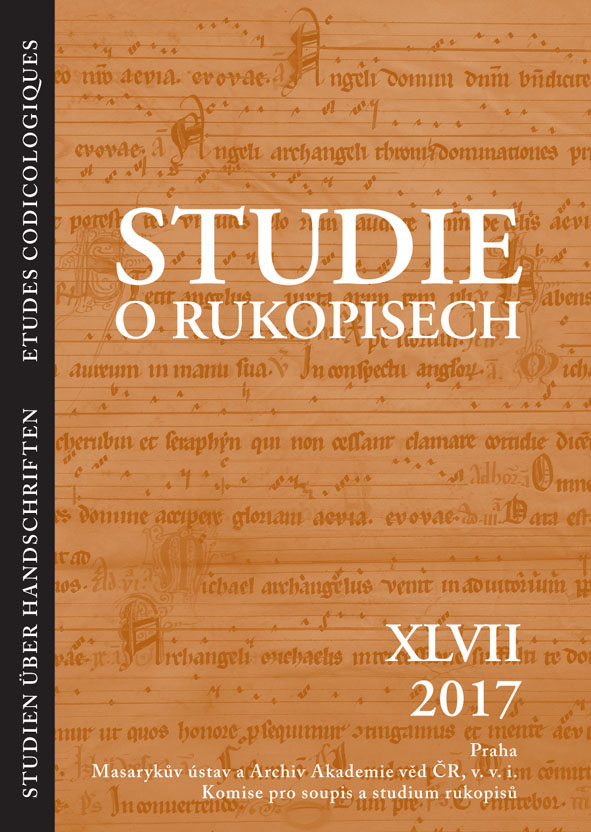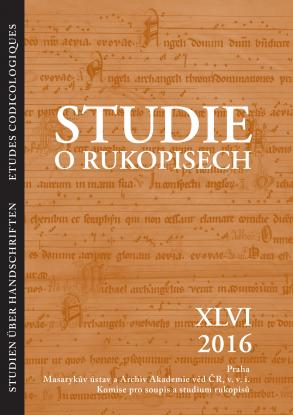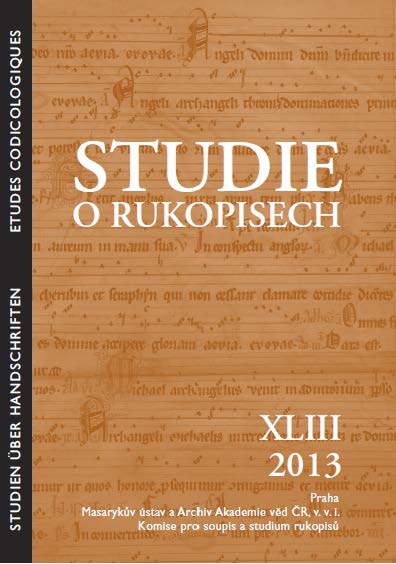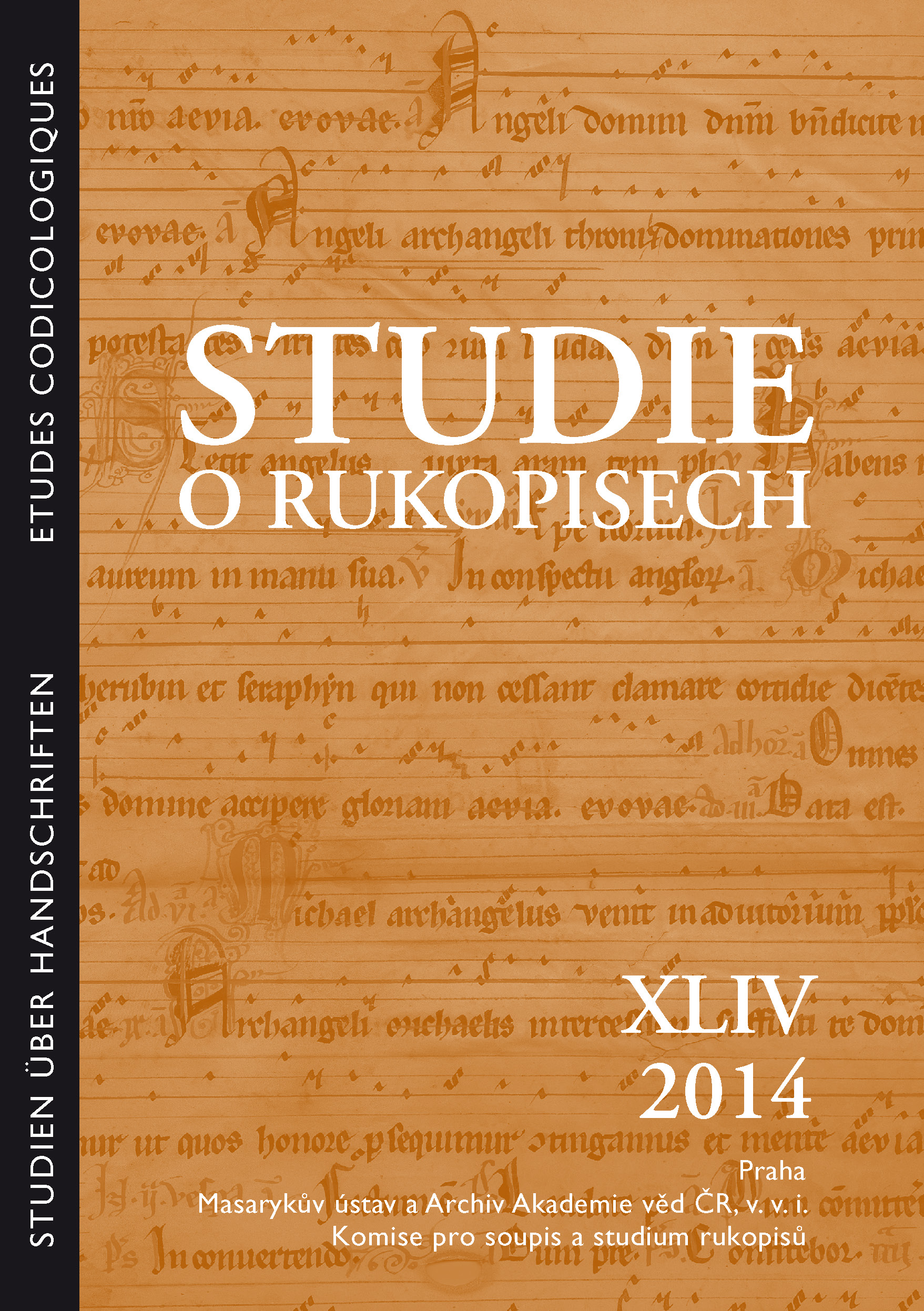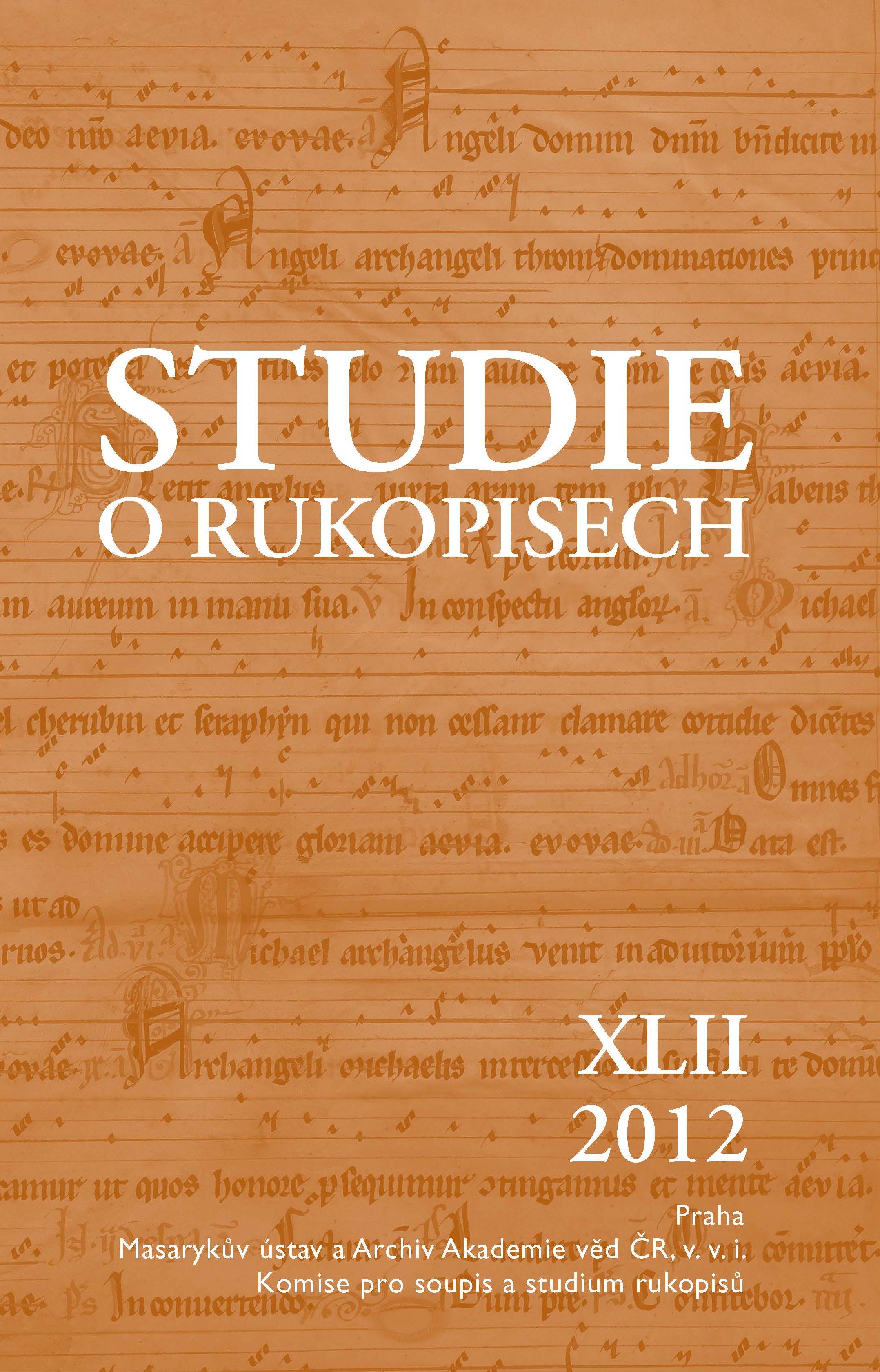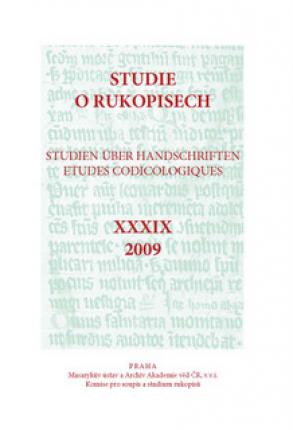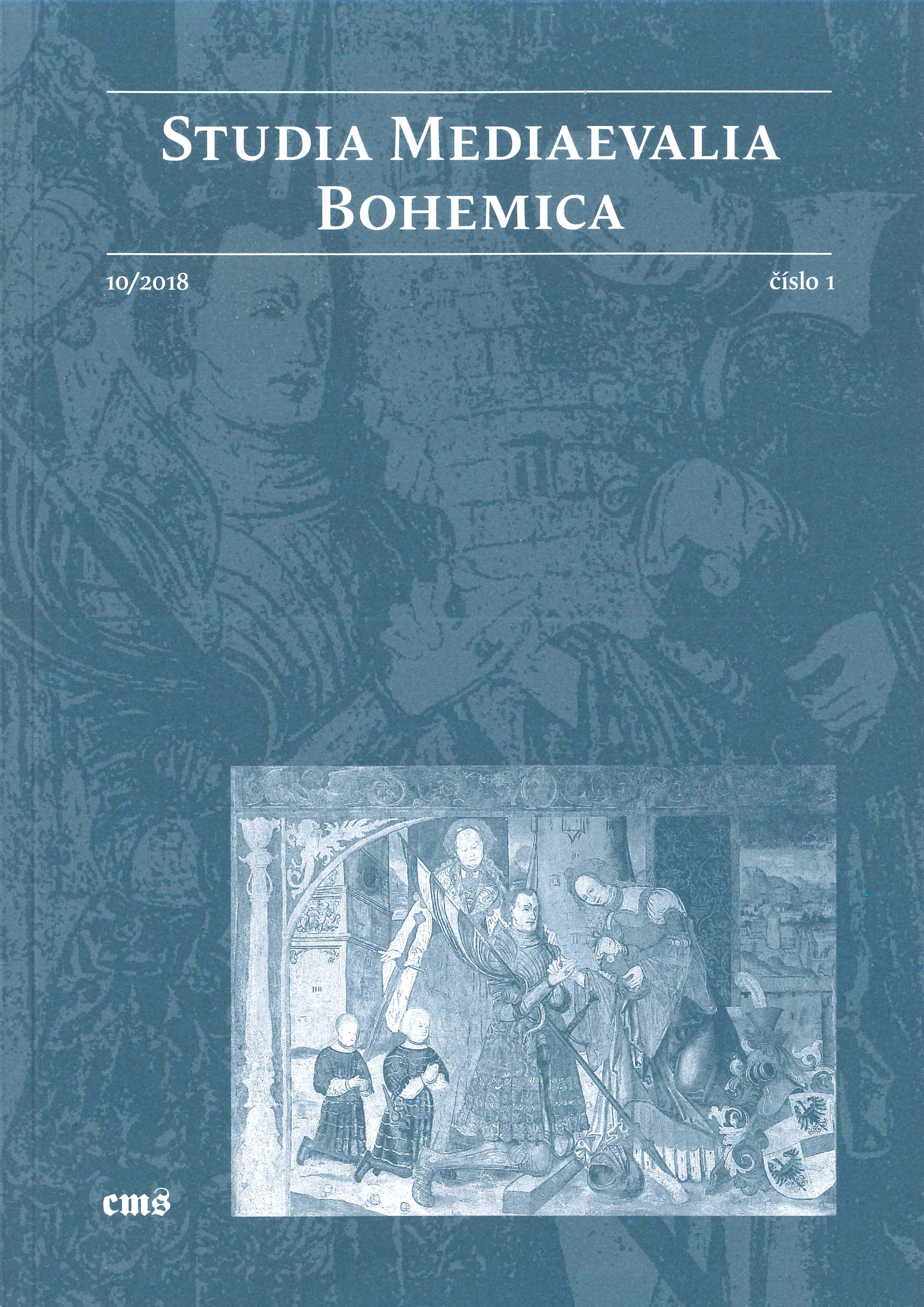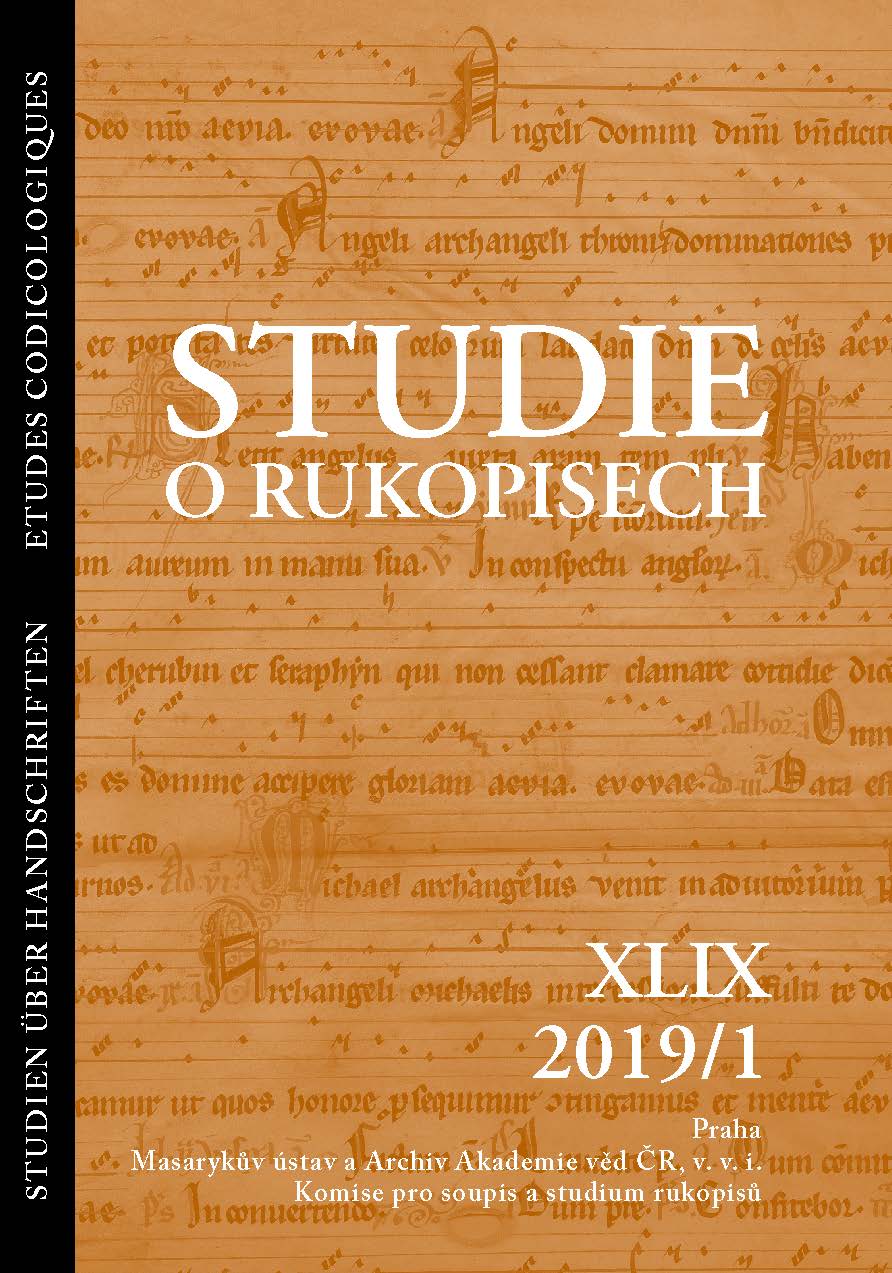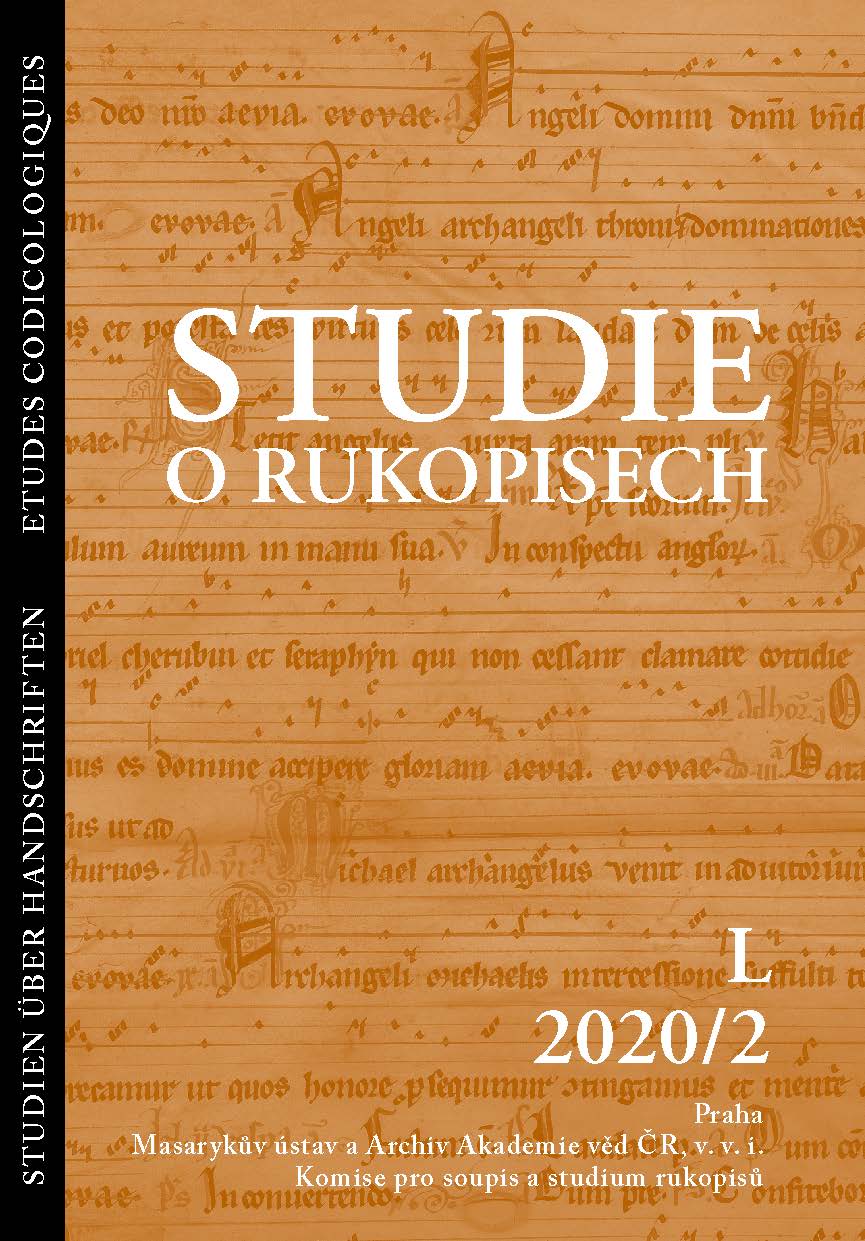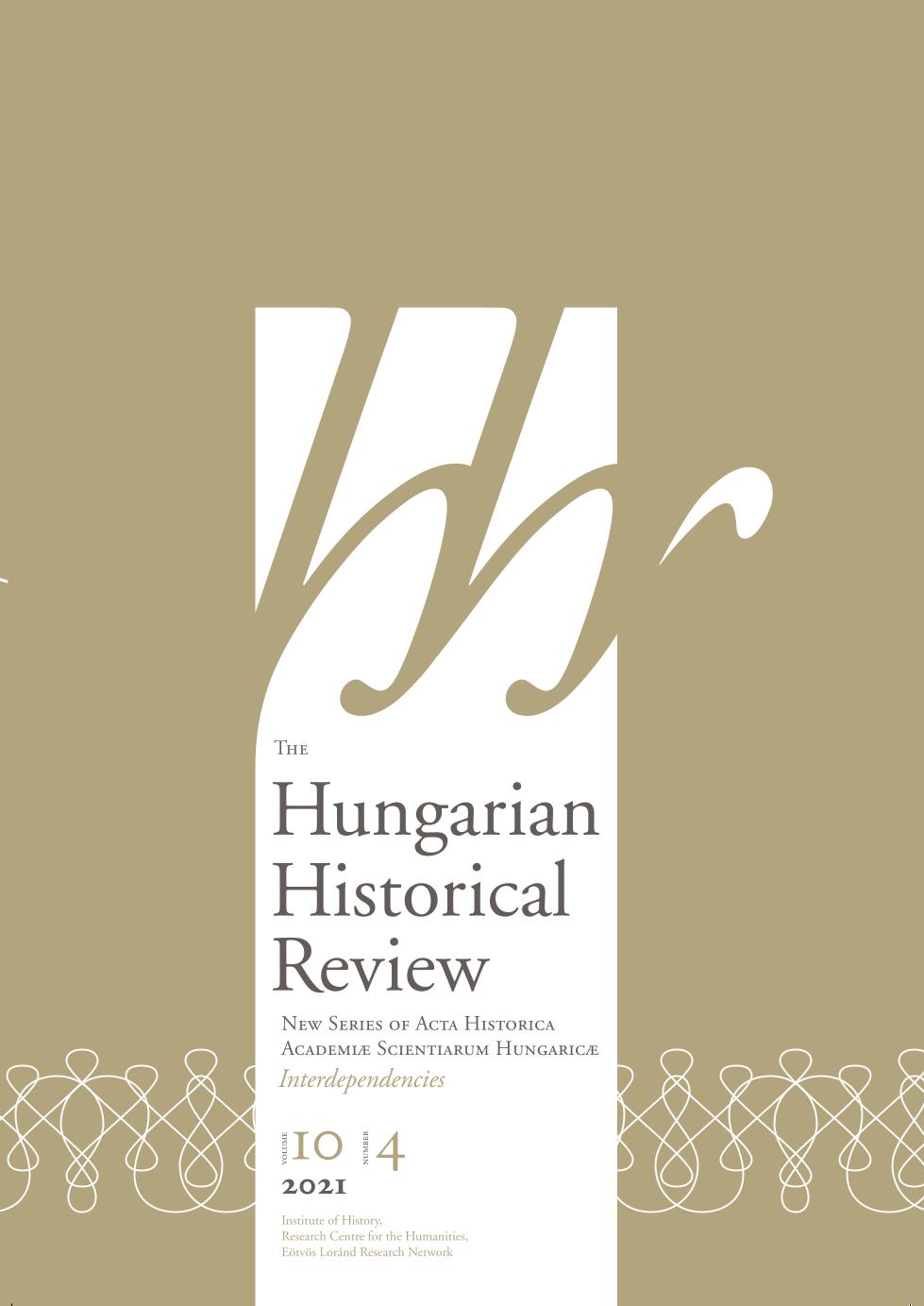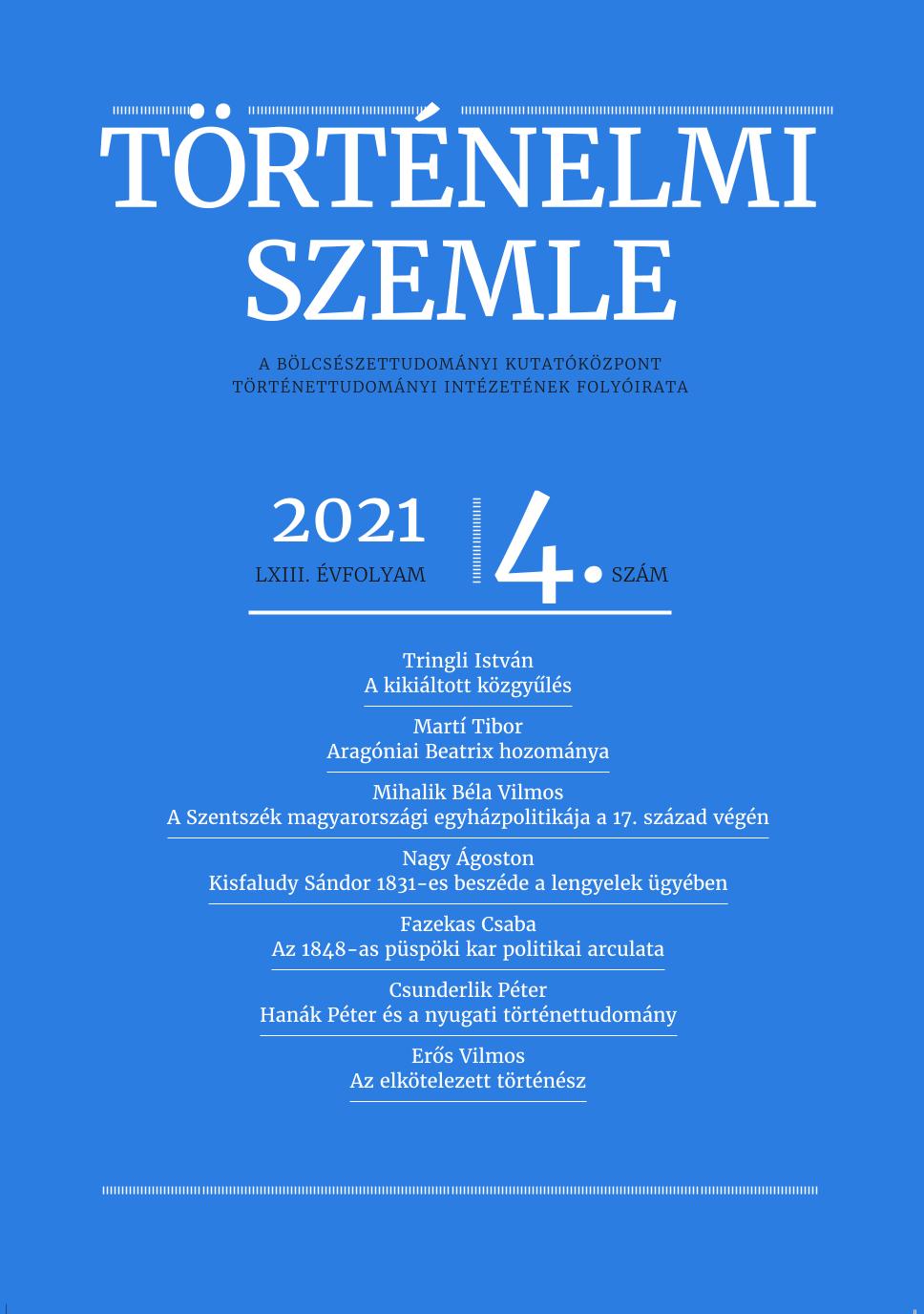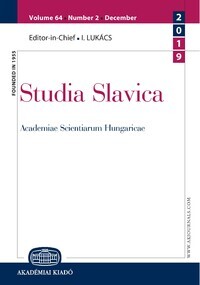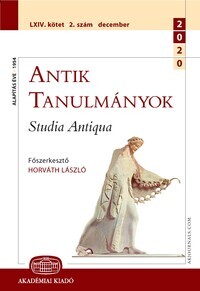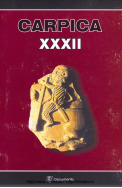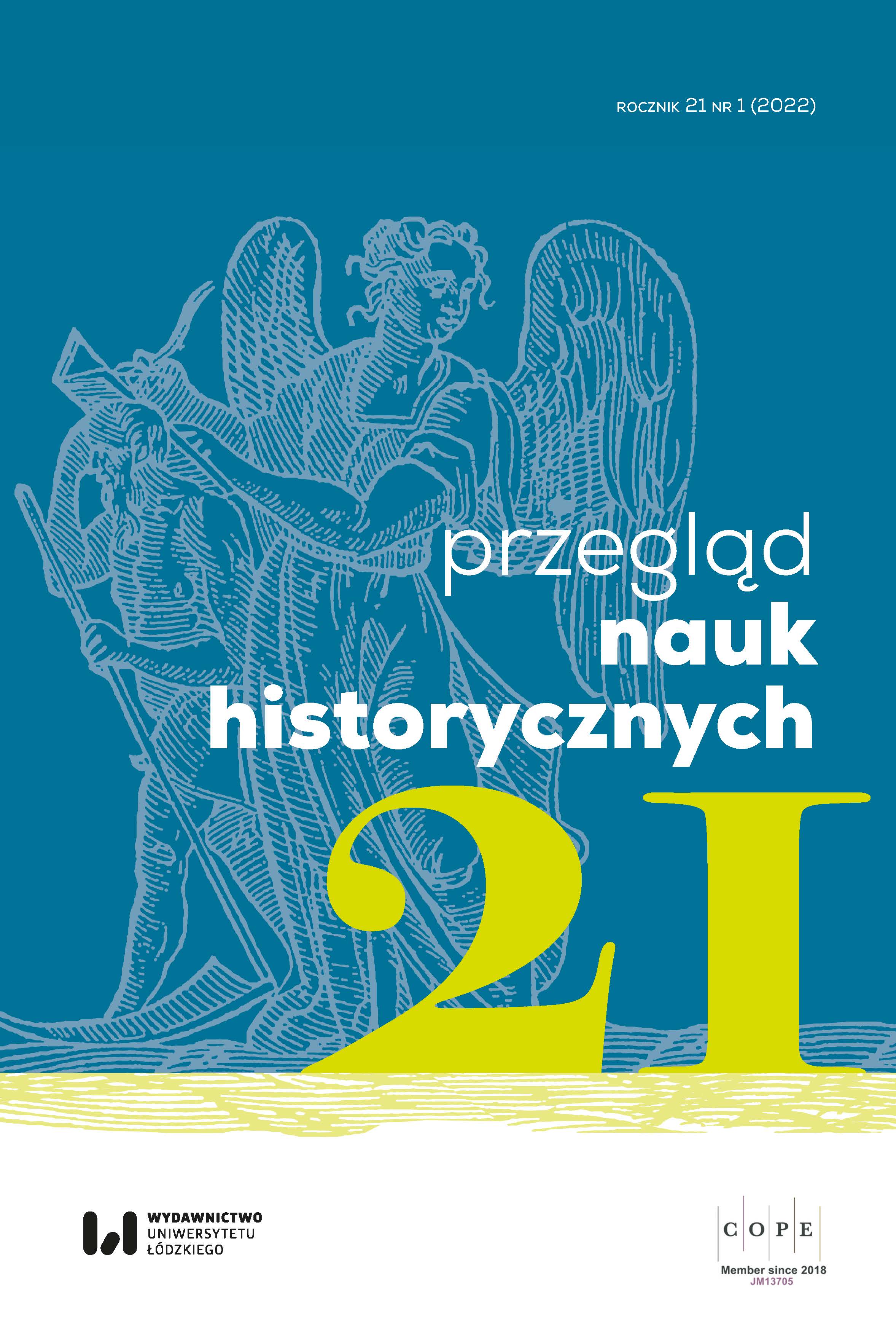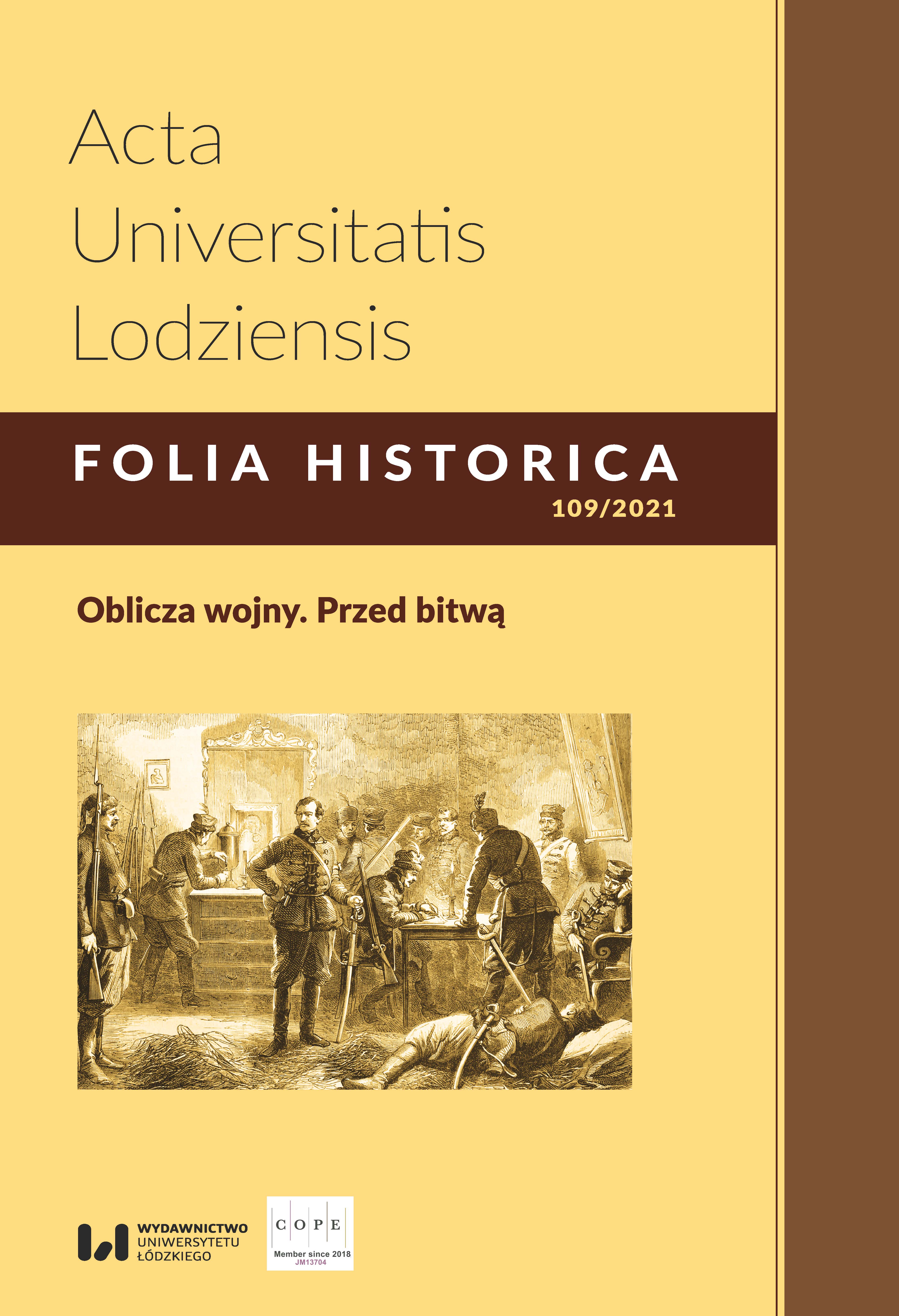Author(s): Martin Dekarli / Language(s): Czech
Issue: 50/2/2020
MS Prague, National Library of the Czech Republic, X H 9 contains anonymous treatises dealing with the issue of universals, confusion, consequences, signification, reference, properties of terms and propositions, restrictions, obligations. Nevertheless, one of the extant tract (Disputata confusionum, on ff. 76r–92r) is attributed to the Prague Realist Štěpan of Paleč (d. 1423). In 1970, František Šmahel proposed a thesis concerning Paleč as an author of these works, i.e. Commentarius in I–IX capitula tractatus De universalibus Johannis Wyclif on ff. 1r–68v, De suppositionibus on ff. 92v–95r, Notabiliora confusionum on ff. 95r–97v, Notabiliora consequentiarum on ff. 98r–101r, Notabiliora super Billingham on ff. 101r–108v, and Collecta obligationum on ff. 109r–111v. The first part of the study provides a content analysis and comparison of Paleč’s quaestio Utrum universalia habeant solum nude pure esse in intellectu divino vel praeter operationem intellectus creati subsistant realiter in propria forma and his Argumenta de universalibus realibus with the anonymous Commentarius in I–IX capitula tractatus De universalibus Johannis Wyclif preserved in the manuscript and published in 2009. Nine evident cases of intertextuality, along with further apparent borrowings, provide proof of evidence for Paleč’s authorship of the commentary. The second part of the study presents the palaeographical and context analysis along with contextualisation of other treatises (De suppositionibus, Notabiliora confusionum, Notabiliora consequentiarum, Notabiliora super Billingham, and Collecta obligationum). The determined cross-references between them have revealed that all texts, together with Disputata confusionum, comprise Paleč’s parva logicalia circle of treatises from 1391 and 1393 heavily reliant on English logic textbooks (Richard Billingham, William Heytesbury, Richard Ferrybridge or Richard Brinkley). The extant treatises derive from Štěpan’s lectures on logic held at the Prague Faculty of Arts during the early 1390s. All texts shed new light into the context and process of John Wyclif’s proliferation in late medieval Bohemia.
More...
